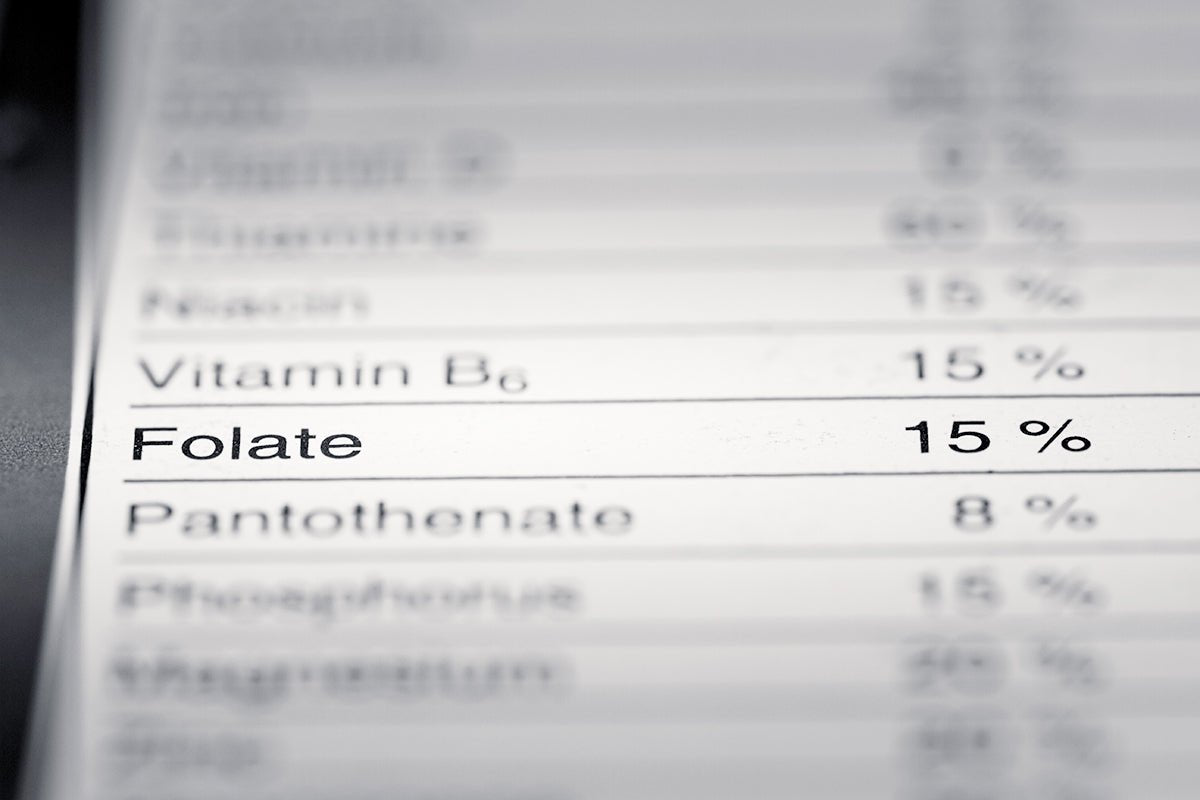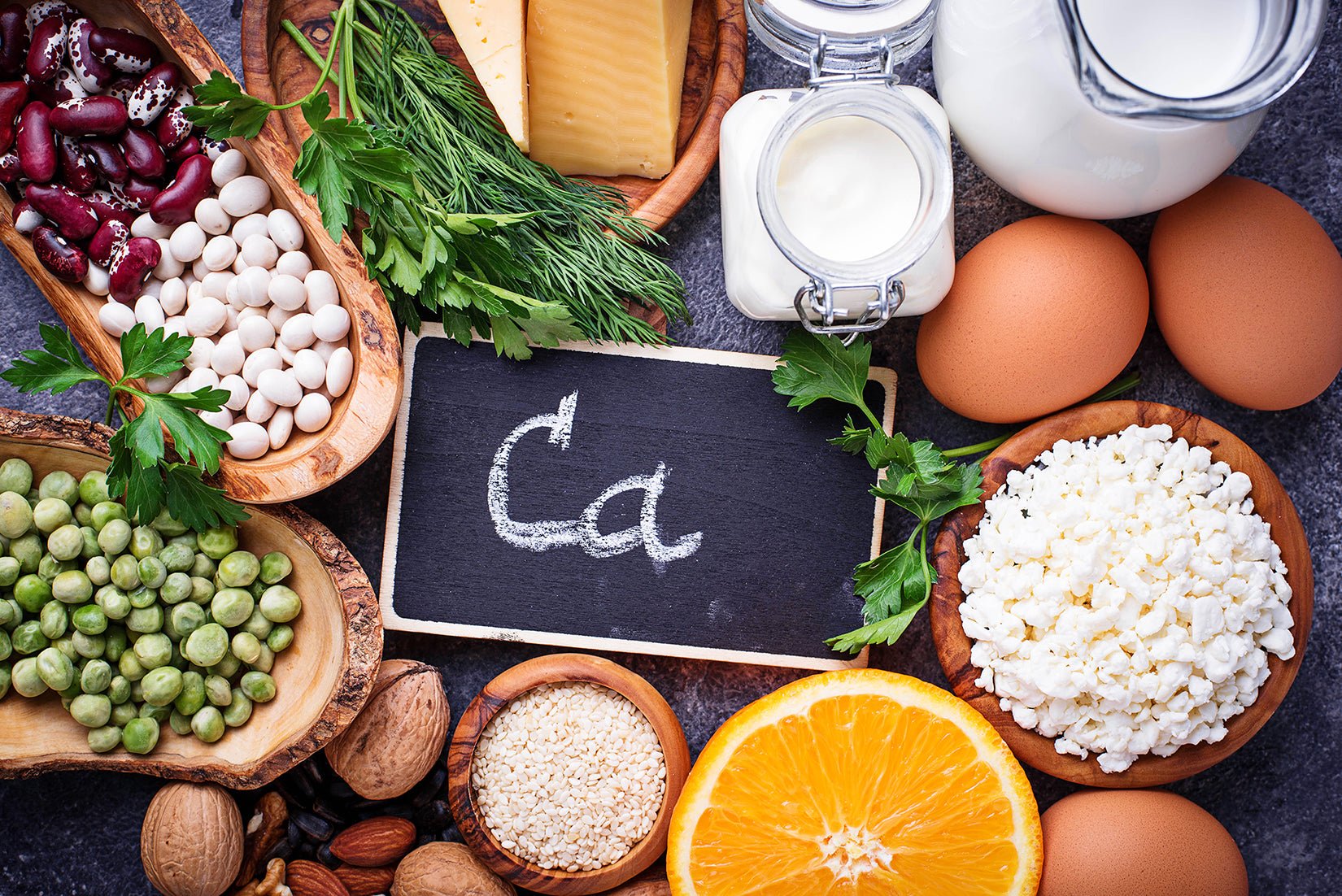Read time: 3 minutes
There are so many factors that go into our health and nutrition, including where and how we live our lives. The amount of vitamins and minerals we take in—and which ones— are affected by our environment.
For example, our work hours and office culture, whether it rains or shines more, how frequently we get outside (or can get outside) into nature, and regional diets all affect what kind of vitamins and minerals we get.
Many people end up taking vitamin supplements to meet their nutritional needs when their food and lifestyle alone don’t cut it. In fact, the percentage of Americans who take supplements on a daily basis reached an all-time high in 2019, coming in at 77% of the total population!
Read on to learn about the most common deficiencies, and for the list of the 5 most sought-after supplements in the US today.
Most Common Deficiencies
In 2020, according to the Dietary Guidelines Advisory Committee, people in the US have deficiencies in:
Vitamin A: around 25% of adults
Vitamin D: 42% of adults in the US are deficient, likelihood can increase with age and according to race
Vitamin C: 7% of US adults
Others include:
Iron: one of the most common worldwide, affecting at least 25% of adults
Folate: around 20% of the adult population
Protein: around 46% of the older population in the US
Vitamin B12: up to 90% of vegetarians and vegans may be deficient in vitamin B12
Deficiencies can be in large part due to said environmental factors, health conditions (like anemia), medication, pregnancy, age, gender, social factors and education surrounding nutrition, taking the wrong types of supplements, or even taking supplements that are ineffective and not shelved properly.
The first thing you can do is make sure you consult your medical provider to ensure you are bridging the gaps if you have any and take the right, quality supplements that fit your lifestyle.
Most Popular Vitamins in 2020
According to a recent study, the top 5 most popular supplements taken across the board in the United States are multivitamins, vitamin D, calcium, vitamin C, and B-complex, in that order.
Multivitamin: A multivitamin is often used as a catch-all for people who are concerned about their health and want to support a healthy lifestyle. There are different kinds according to gender, age, and so on, and they come in many different types of tablets, but make sure you are taking one that isn’t full of additives or chemicals. Regardless, most multivitamins contain an array of vitamins and minerals essential to your health. If you and your doctor have a specific deficiency in mind, it might be worth considering supplements only containing certain vitamins and minerals.
Vitamin D: Aids in calcium absorption by helping with cell transportation of nutrients. In general vitamin D supports major organs, proper immune function, and the musculoskeletal system. It also helps support your mood and energy levels throughout the day.
Calcium: Calcium is widely known as being associated with bone growth and strength, as well as cardiovascular health. It also aids with blood clotting. This mineral is essential to your health and can only be found externally in our food sources.
Vitamin C: Known as ascorbic acid, vitamin C is vital in forming bone, muscle, tissue, and skin. It’s a powerful antioxidant that boosts your immune system response and fights free radicals (vitamin C is responsible for boosting your body’s natural collagen production, which = healthier, younger looking skin).
Vitamin B-complex: B-complex supplements should cover at least eight essential B vitamins, and are safe to take even if you do get some of your vitamin Bs through nutrition. B vitamins support your brain, immune system, metabolism, energy levels, and much more. Vitamin B-complex also supports heart health, which is good news especially for men, who are at higher risk of heart disease and other heart conditions.
The EZ Melts Promise
Try our EZ Melts supplements for their customer-approved, all natural flavor, and their non-GMO and vegan promise. They melt quickly on the tongue, making it EZ to get the nutrition you need!
Best part? We don’t add any harmful chemicals or excess sugar. Just check out our ingredients listed on the bottle and feel better knowing you are supporting your best health the right way. Thanks for being a part of our community!
___
Written by Annie-Eliza Stevens






































